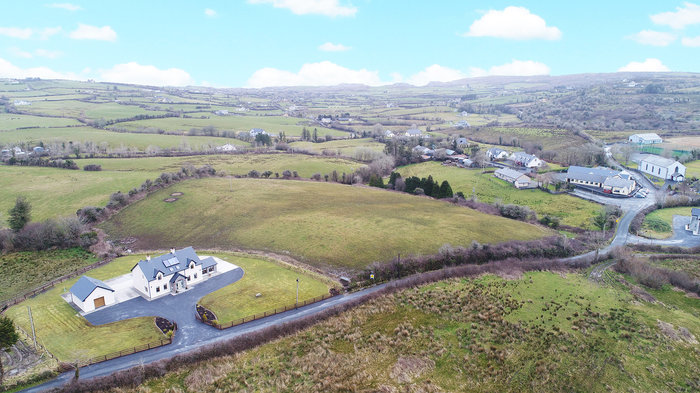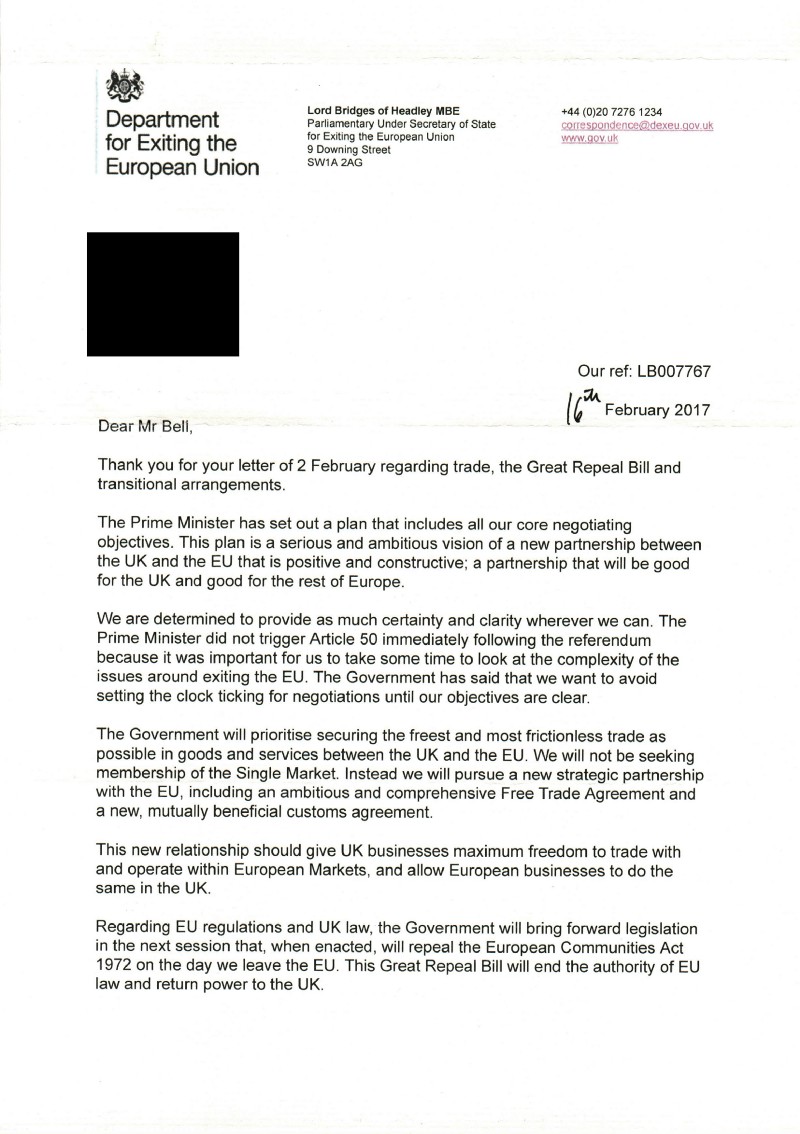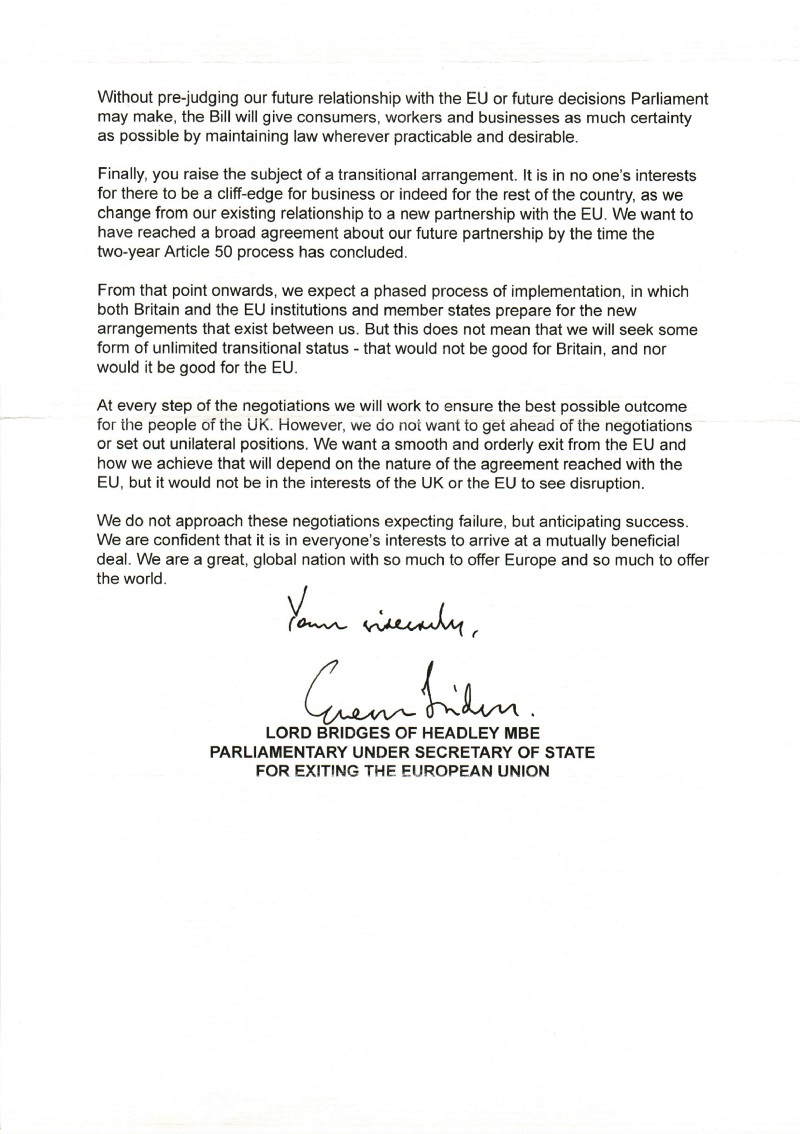The story of Thalidomide is a very dark tale. It caused abnormal fetal development, which was a tragedy, a terrible unexpected side effect of what was otherwise quite an effective medicine — but that wasn’t the scandal. The scandal was the failure to quickly link cause and effect and then to fail to distribute the information learned to prevent further individuals and their families from being affected.
We are now approaching 60 years from October 1st, 1957 when it first went on sale in Germany. The world has changed a lot since then. Thalidomide is making a cautious return and there are projects monitoring and analysing congenital defects across a wide area. In other news, last year the UK voted to leave the European Union, which means we need to talk a bit more about those last two links.
The European Medicines Agency is based in the UK and will be relocating to be based in the European Union. That agency licenses drugs for use in humans. Given that there are not 28 different types of human across the EU it seemed sensible to have some coordination on evaluation and licensing so it gets done once rather than 28 times. Post Brexit we will presumably have to have more of that functionality here, probably paid for out of the NHS budget (oh, you thought that was going to go up did you?).
The second link is to one of many projects that are part of the Horizon 2020 research funding scheme. Data about all of these is available on the Cordis website and you can see all the projects being coordinated by the UK, many of which have an end date after Brexit day. One of them is EUROLinkCAT which is let by Queen Mary university in London and it attracts a total of €7,348,072.75 over 5 years from the start of this year to the end of 2021. That is committed money. There will be a contract (probably several) promising that money to the project from the EU. We, as a member state, committed to that project, and we are a beneficiary of the money funding activity here and also a beneficiary of the output — amongst other things they are looking for the next Thalidomide so that if there is some combination of drugs and environmental or genetic factors that result in a subtle risk of increased congenital abnormalities then it gets spotted sooner and the tragedy isn’t followed by a scandal. It is about doing joined up work studying the topic of early years care of these patients and looking for risk factors across a wide area because it works better that way with a larger corpus of data.
The Brexit press, the media and many Brexiters are currently apoplectic about “divorce bills” and even “reparations” and “punishment beatings” with figures of €60bn or €100bn being waved about and rubbished with declarations that we will walk away and we won’t pay a penny. It is fucking stupid and those Brexiters need to grow up and engage in the detail of the conversation about Brexit and stop flinging out inaccurate emotive bullshit about what the cost of their decision may turn out to be. The settling of accounts is about what we do with projects that we have committed to funding both in the UK and around Europe. There is absolutely no point expressing an opinion on whether €60bn is too much or too little as a whole. It is made up of lots of things, each one we can choose to pay for, we may be able to choose to own it, or we can choose to dispute either the outstanding value or indeed whether it is our problem. Once you have gone through the detailed commitments and decided what to do then you can add up all the things you want to pay for and that is the number we write on the big cheque. You can’t go from the top down just because you don’t like engaging in detail.
The EUROLinkCAT project runs for 1825 days, 1005 of which are after Brexit day. If it is funded continuously then that is €4,046,472.93 in post-brexit funds that we have committed to as a pre-Brexit member state. What are we going to do? The EU starting position is that we pay a closing lump sum for our share to the EU and the EU funds the project until the end of the commitment. This particular project runs past the end of the MFF, does that make a difference to the point we stop funding it? If we don’t want to do that, we could propose that we fund our share of the cost directly. That takes it out of the visible “bill” because we decided to own it. It isn’t clear that the other member states would allow us to pay our share directly — the contract that the project has is with the EU, not us. For some projects taking ownership of the issue and funding direct might be more acceptable than others. Ultimately deciding to own something is just a political move in order to get the visible bill down, it doesn’t save the taxpayer anything in the end. The final option is to dispute it. We say that we don’t care about research into congenital abnormalities, we declare that we are a sovereign nation and can’t be forced to pay for stuff we don’t want. We tell the EU they can pay for it themselves, or move it to somewhere else, or can the whole thing, because we just don’t care. We are not going to look at the results, if we feel like it we might do our own red white and blue research into the topic at some point. This approach could be fairly described as a dick move by someone who clearly hates babies.
There are quite a few projects like that one in Horizon 2020 where we are the coordinating state. Someone needs to go through them and decide to pay/own/dispute each one. All the projects that the UK is not coordinating are also things we committed to under the EU budget, such as this one on understanding the cultural heritage of dissent in former socialist countries where there is some participation from Oxford but the project is run from Hungary. It isn’t just Horizon 2020, there are also the regional development projects, roads, bridges, tunnels, public transport etc. We might decide that a new bridge in Poland is something we don’t want to pay for but we committed budget to it as a full member state every bit as much as we committed to our joint funding obligation for the congenital abnormality project that is coordinated from London.
Once they have decided whether or not they hate babies, they also need to go through things like pensions of our MEPs and officials (all those UKIP MEPs get a pension that is in the “brexit bill” — you will hear them declare we should refuse to pay anything, but I have not heard them declare that they shouldn’t get their pensions.)
Perhaps after deciding whether or not to pay people pensions they will move on to discuss agricultural subsidies. The biggest chunk of money the EU spend in the UK is on the single farm payment. On this one there is some semblance of an answer, we have been told that HMRC will pay that at current rates through to at 2020 (the end of the MFF). This is a chunk of money that is an EU committed payment in the MFF that we will decide to own. That takes it out of the headline figure but note that it also takes it out of the mythical £350 million a week. It saves the taxpayer no money to pay this directly, but reduces the “bill” for political purposes.
Basically every plausible line item in the bill will be enumerated, we then decide to pay/own/dispute each one. If you sum the lot you get to a big figure, but you first have to go through the process of line by line decisions, this could be done quite quickly if we choose to pay most of it (owning and disputing are slower). Walking away from the table does not make the bill zero and does not mean we “fall back on WTO rules”. We don’t. WTO rules is the baseline for states in good standing. If we walk out on our obligations it may get treated as a sovereign debt default, our credit rating would be slashed and if we behave badly on trade matters the WTO can authorise sanctions against us, meaning that we don’t get most favored nation terms. None of this “remoaner project fear” stuff needs to happen, if the Brexiters grow up and re-engage with their problem. If paying loads of money to settle our outstanding commitments gets us the Brexit they wanted then great, I look forward to measurable benefits being discovered in 2019. In the meantime we have a very wide ranging damage limitation exercise to do.
Leave voters need to stop banging on about whether they will or won’t pay the grand total. They need to tell us whether or not they want to pay for continuously monitoring for another Thalidomide style scandal. They need to start to engage at a detail level. Walking away does not mean that the commitments we have made evaporate. It means that we defaulted on our payments. The question isn’t “do you want to pay €60bn?”, the question is “How do you intend to address all these individual things you appear to have committed to funding over the next several years which taken together tally up to around €60bn?”. Walking away from the table settles the question of whether you hate babies but it doesn’t settle the question of what to do with the commitments we have made.
Update!
Today the government published a document on their intended future relationship with the EU on the topic of science. https://www.gov.uk/government/uploads/system/uploads/attachment_data/file/642542/Science_and_innovation_paper.pdf
The UK recognises the need to provide certainty to all stakeholders wherever possible. This is why the Government has committed to underwrite bids for Horizon 2020 projects submitted while the UK is still a member of the EU. The UK will work with the Commission to ensure payments when funds are awarded, and Horizon 2020 participants should continue to collaborate as normal. The UK Government will continue to work closely with the Devolved Administrations who play an important role in administering Horizon 2020.
So, this is progress, of a sort. This seems to be an intention to de-commit the EU from funding UK participants in Horizon2020 projects after Brexit day. The UK will take ownership of making payments to UK projects on the existing payment schedule. I am not entirely clear what “underwrite bids” means, but that is my best guess.


